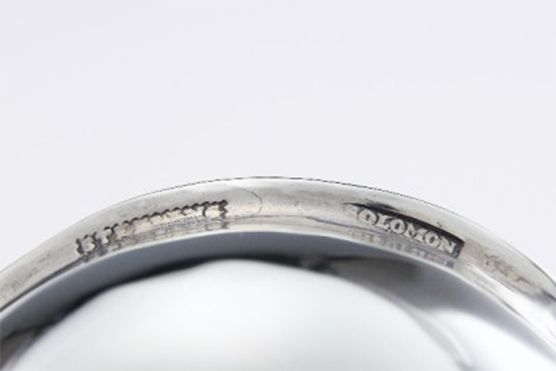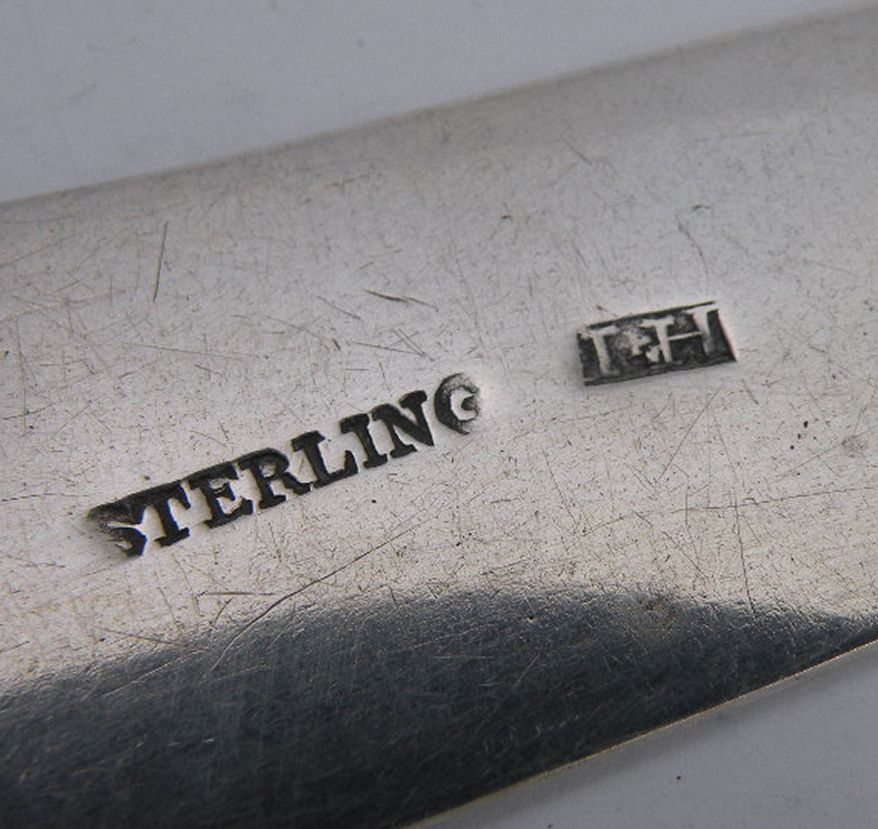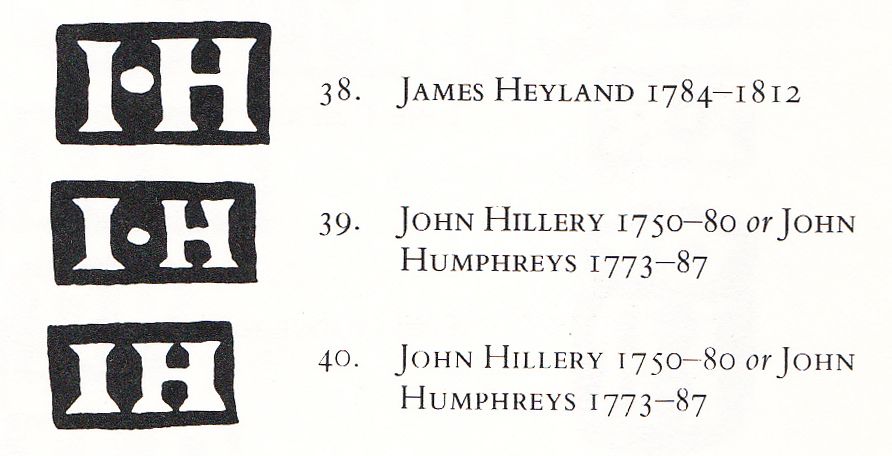
Gordon




Looking through these posts some interesting data emerges. Among shared STERLING punches, there is sometimes family and professional connections e.g John Nicholson and Joseph Gibson. Both shared a STERLING punch in a serrated border. Gibson was apprenticed to Nicholson and eventually married his daughter. Other examples could also be found. of such arrangements.dognose wrote:Hi Argentum,
Such a list would be an interesting project, I'm not aware of such a resource existing. I suppose one spanner in the works may be a possible shared use of a punch, especially amongst the less prolific smiths.
It would also be great to know how many die-cutters were working in the provinces that were capable of producing such punches.
Trev.

